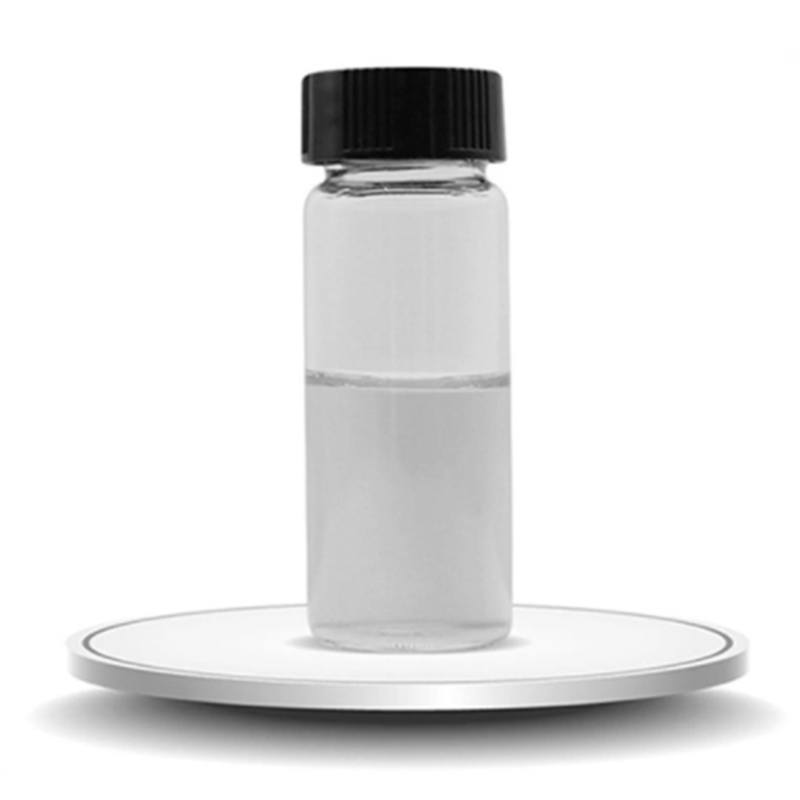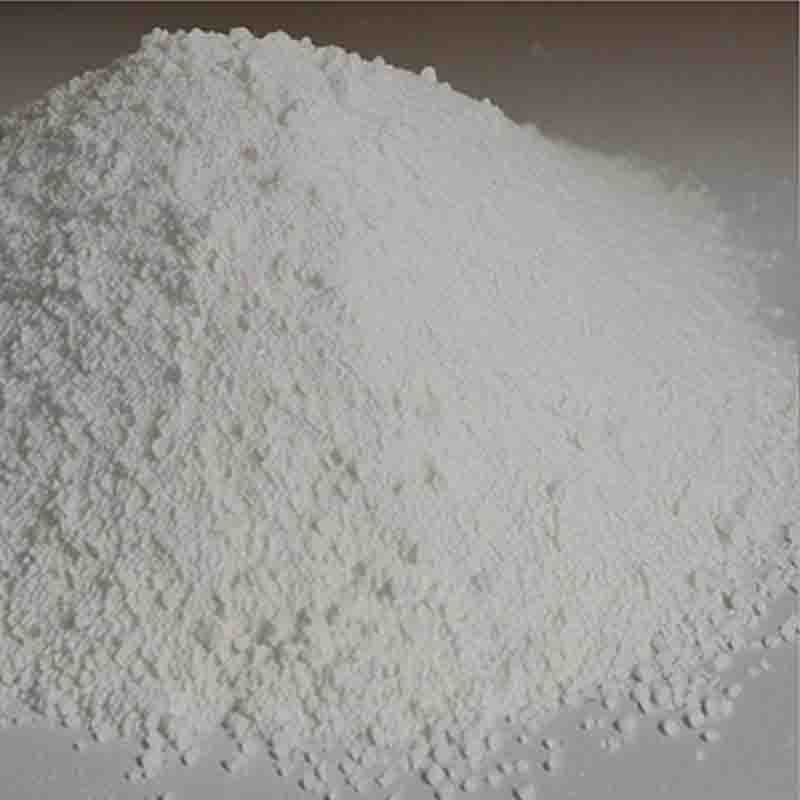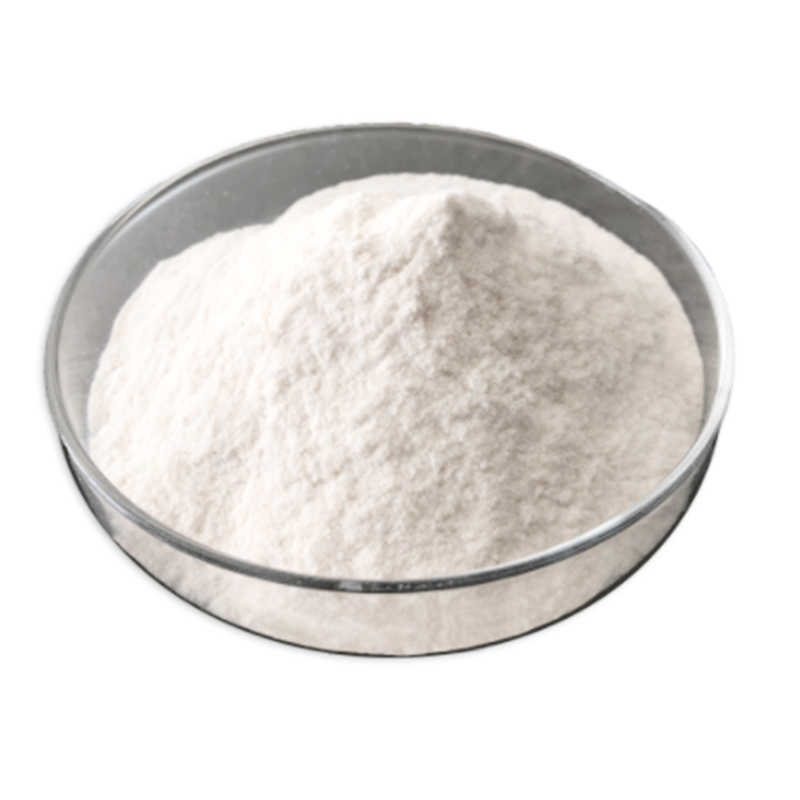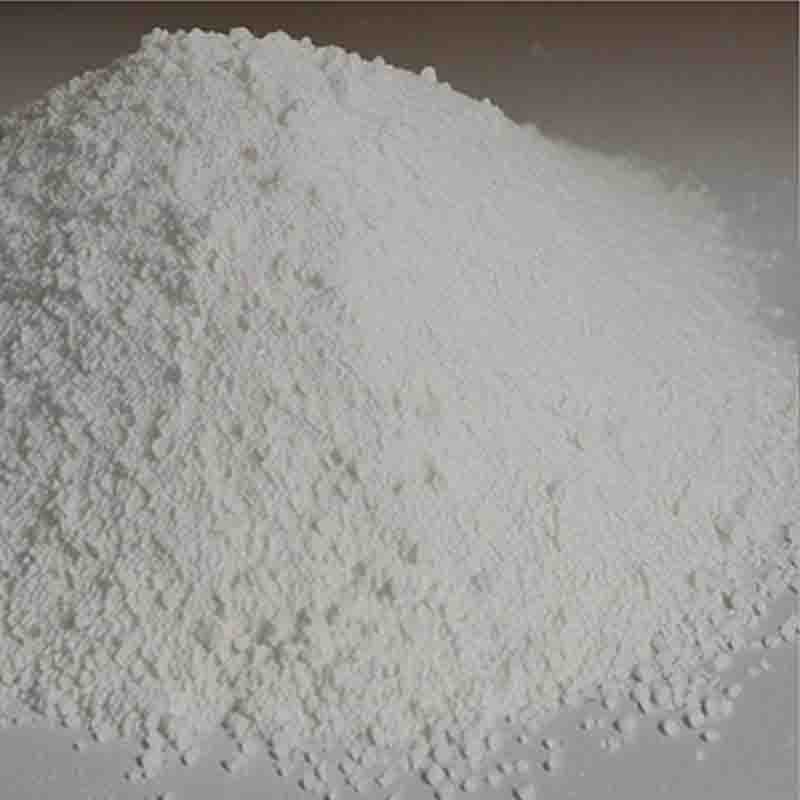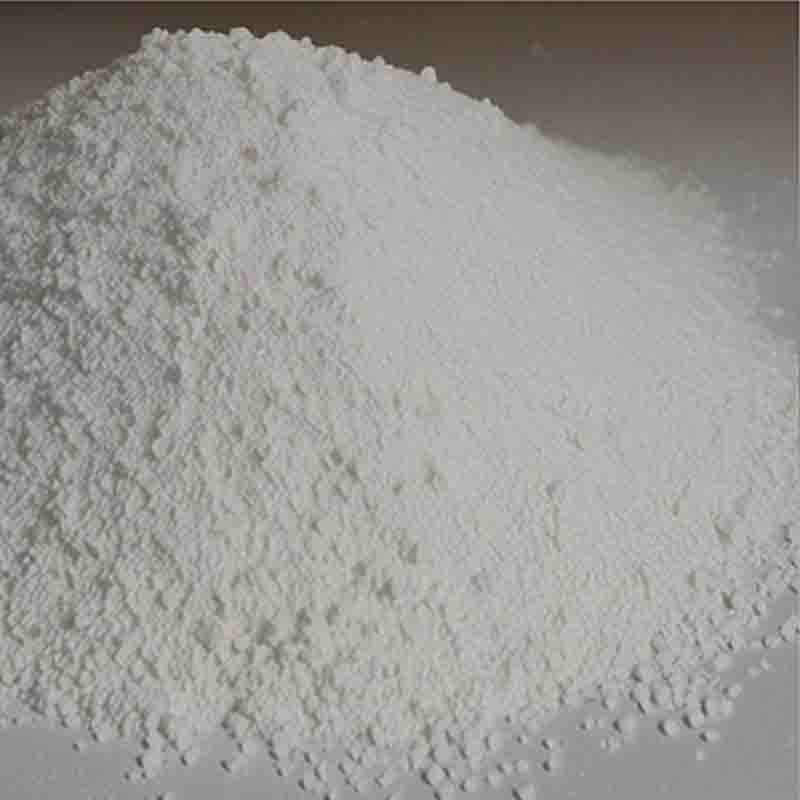2,6-Di-tert-butylphenol CAS:128-39-2
| Catalog Number | XD94804 |
| Product Name | 2,6-Di-tert-butylphenol |
| CAS | 128-39-2 |
| Molecular Formula | C14H22O |
| Molecular Weight | 206.32 |
| Storage Details | Ambient |
Product Specification
| Appearance | White powder |
| Assay | 99% min |
2,6-Di-tert-butylphenol, also known as butylated hydroxyanisole or BHA, is a chemical compound used as an antioxidant and preservative in various industries. Here are some of the effects and applications of 2,6-Di-tert-butylphenol:Antioxidant: One of the primary uses of 2,6-Di-tert-butylphenol is its role as an antioxidant. It helps protect against oxidative damage by scavenging free radicals and preventing them from damaging other molecules. This property makes it valuable in preventing the spoilage and degradation of various products.Food industry: 2,6-Di-tert-butylphenol is commonly used as a food additive to prevent oxidative rancidity and maintain product quality. It is added to oils, fats, snacks, cereals, and other packaged foods to extend their shelf life by inhibiting the oxidation of lipids and preventing the development of off-flavors.Cosmetic industry: BHA is also used in the cosmetic industry for its antioxidant and preservative properties. It is added to a wide range of personal care products, including moisturizers, lipsticks, sunscreens, and makeup, to prevent them from spoiling and to maintain their effectiveness over time.Pharmaceutical industry: 2,6-Di-tert-butylphenol is used in the pharmaceutical industry as an antioxidant to protect the stability and efficacy of drugs. It helps prevent the degradation of active pharmaceutical ingredients caused by oxidation, thus extending their shelf life and ensuring their potency.Industrial applications: BHA finds applications in various industrial processes. It is used as an antioxidant in the production of plastics, rubber, and petroleum products to prevent degradation caused by exposure to heat and light. BHA helps maintain the integrity and performance of these materials.Health concerns: While BHA is generally recognized as safe for consumption and use in approved levels, there have been some concerns about its long-term health effects. Animal studies have suggested the potential for BHA to be a tumor promoter or carcinogen in certain conditions. However, human studies have not provided conclusive evidence of such effects. Regulatory agencies continue to monitor and evaluate the safety of BHA in various applications.Alternatives and regulations: Due to the potential health concerns, there has been a growing interest in replacing BHA with alternative antioxidants and preservatives. Some natural antioxidants like vitamin E and rosemary extract are being explored as potential substitutes. Additionally, regulations vary in different countries regarding the use and acceptable levels of BHA in food and cosmetic products.In summary, 2,6-Di-tert-butylphenol (BHA) is widely used as an antioxidant and preservative in the food, cosmetic, pharmaceutical, and industrial sectors. It helps prevent oxidative damage, extending the shelf life and maintaining the quality of various products. While some health concerns have been raised, regulations and ongoing research aim to ensure its safe use. As with any chemical compound, adherence to approved usage levels and considering individual sensitivities is important when using products containing BHA.




